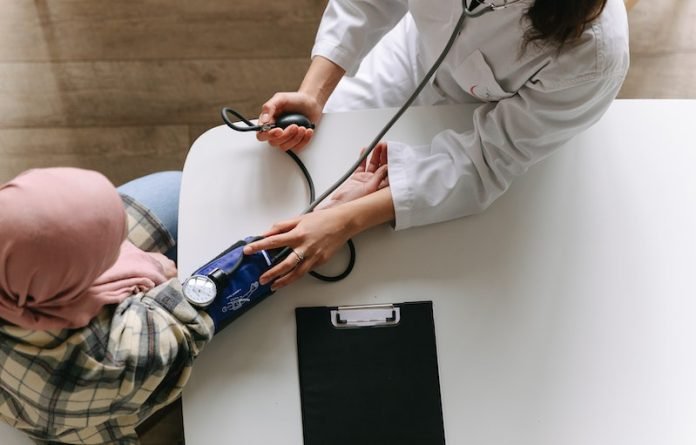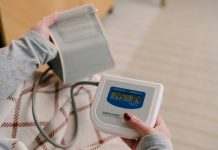
Half of all Americans have high blood pressure, also known as hypertension, and many don’t even know they have it.
According to the National Institute of Health, high blood pressure develops when blood flows through your arteries at higher-than-normal pressures. Your blood pressure is made up of two numbers: systolic and diastolic.
Systolic pressure is the pressure when the ventricles pump blood out of the heart. Diastolic pressure is the pressure between heartbeats when the heart is filling with blood.
In a recent study from Yeshiva University, scientists found that commonly prescribed drugs used to lower blood pressure can actually have the opposite effect — raising blood pressure in many patients.
The finding suggests that doctors could avoid this problem — and select drugs most suitable for their patients — by measuring blood levels of the enzyme renin through a blood test that is becoming more widely available.
In the study, researchers tested 945 patients who were enrolled in a workplace antihypertensive treatment program in New York City from 1981 to 1998.
All had systolic blood pressure (SBP) of at least 140 mmHg. SBP, the top number in the blood pressure reading, represents the amount of force that blood exerts on the walls of blood vessels when the heart contracts.
No patients were receiving treatment for high blood pressure before enrolling in the study.
The patients were given a single antihypertensive medication, either a diuretic or a calcium channel blocker (so-called “V” drugs, which lower blood volume) or a beta blocker or an ACE inhibitor (“R” drugs, which lower levels of renin, an enzyme secreted by the kidneys that play a key role in maintaining blood pressure).
Plasma renin activity (PRA) and SBP were measured at enrollment, and SBP was measured again after one to three months of treatment.
The renin level predicted those patients who were most likely to have a favorable response with either an R or a V drug.
In addition, for both R and V drugs, the renin test was able to identify those patients most likely to experience a “pressor response” — a clinically significant increase in SBP of 10 mmHg or more.
Overall, 7.7% of the patients exhibited a pressor response. The highest percentage of pressor responses — 16% — occurred in patients with low renin levels who were given a beta blocker or an ACE inhibitor (R drugs).
The team says every clinician knows that there’s a variation in response to antihypertensive treatment and that some patients will have an elevation in blood pressure.
The latter phenomenon is generally attributed to patients’ failure to take their medications or to a random event.
But the current data show that it’s not a random event — it’s due to a mismatch between the patients’ renin status and the drug.
They think it makes sense to use renin to predict the most appropriate treatment.
The team says that two groups of patients might especially benefit from having their renin levels measured: patients being prescribed antihypertensive drugs for the first time and patients who are taking multiple antihypertensive drugs when one or two might work just as well.
If you care about blood pressure, please read studies about cannabis linked to 3-times higher death risk in high blood pressure, and how to treat slightly high blood pressure.
For more information about health, please see recent studies about how to live with high blood pressure, and results showing plant pigment can strongly reduce blood pressure.
The study was published in the American Journal of Hypertension and conducted by Michael Alderman et al.
Copyright © 2022 Knowridge Science Report. All rights reserved.



